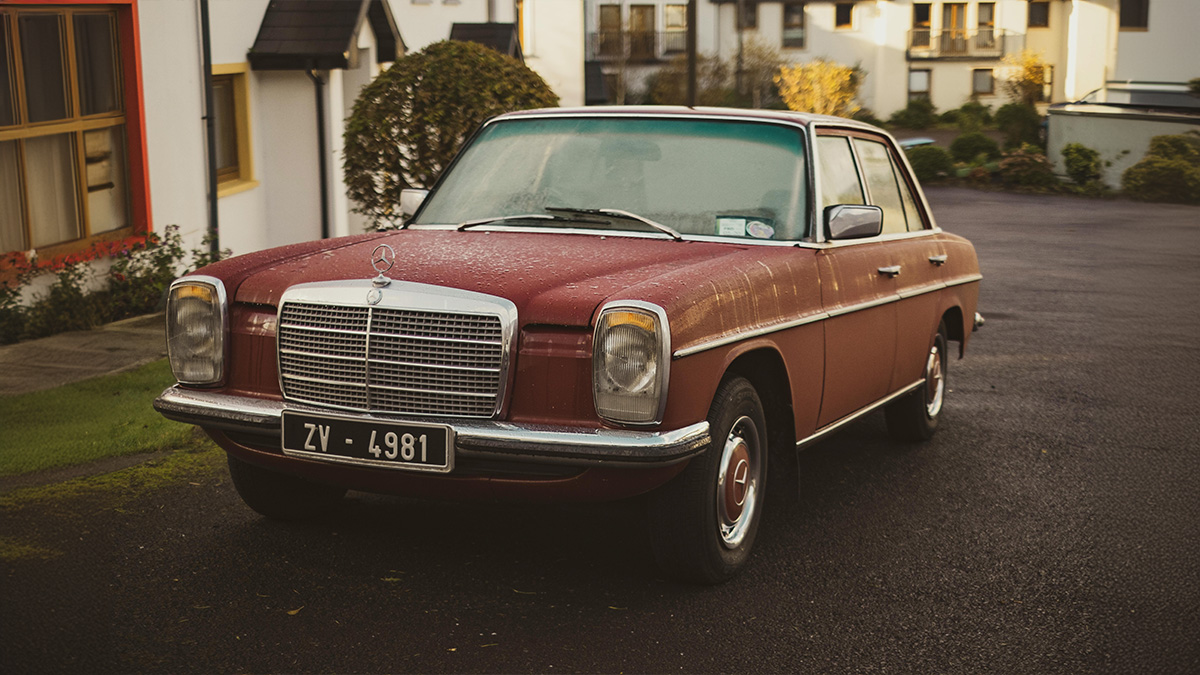When your old car is no longer able to take you any further, or you have simply decided that it’s time to say farewell and to get something new on the road, you have to think about what you do with your current vehicle. Which options best suit your needs is going to depend on a host of factors, like what kind of condition it is in, and whether you’re looking to raise funds for your next purchase. Here, we’re going to look closely at your options.
Selling It Privately
One of the most common and potentially profitable options when you no longer need an older vehicle is to sell it privately. This method often allows you to get the highest return, especially if your car is in good condition and has some demand in the used car market. Selling privately involves listing the vehicle for sale on various platforms, such as online marketplaces, local classifieds, or community boards. To maximize your chances of selling, you should prepare the car by giving it a thorough cleaning, addressing any minor repairs, and ensuring it has all the necessary documentation, such as the title, service records, and emissions tests if required.
Selling It to a Car Buying Service
If convenience is a priority, selling your older vehicle to a car-buying service can be an attractive option. Car-buying services are businesses that purchase vehicles directly from owners, often providing a quick and hassle-free experience. The process typically involves getting an online valuation of your vehicle based on its make, model, age, mileage, and condition. After receiving an initial quote, you can take your car to the service’s location for an inspection. Following the inspection, the service will offer a final price. While the convenience factor is high, the downside is that you might not receive as much money as you would from a private sale. Car buying services usually offer less because they intend to resell the vehicle at a profit, so their offer often reflects wholesale pricing.
Recycling It
If your older vehicle is no longer in a condition where selling it is viable, recycling it is a responsible and environmentally friendly option. Automotive recycling centers specialize in breaking down vehicles into reusable parts and materials. This process involves draining fluids, dismantling the car, and salvaging any parts that can be resold or repurposed. The remaining materials, such as metal and glass, are then recycled to be used in other products.
Donating It
Donating an older vehicle is another option that benefits both you and others in need. Many charitable organizations accept vehicle donations, which they either sell to raise funds or use in their operations. When you donate a car, you can often receive a tax deduction based on the vehicle’s value, making this option financially beneficial while also supporting a good cause. The process of donating a car is usually simple. After choosing a charity, you contact them to arrange the donation. They may require some details about the vehicle, and in many cases, they will handle the towing at no cost to you.
Scrapping It
If your car is no longer roadworthy or too expensive to repair, scrapping it might be the best solution. Scrapping a car involves selling it to a scrap yard where it will be dismantled and recycled. This option is straightforward and provides a quick way to dispose of a vehicle that has reached the end of its life. Scrap yards typically pay for vehicles based on their weight and the current price of scrap metal. To scrap your car, you need to contact a licensed scrap yard and arrange for the vehicle to be towed or delivered. Before scrapping, you should remove any personal belongings and check for valuable components that you might want to sell separately, such as a new battery or aftermarket parts.
Giving It to the Manufacturer
Some car manufacturers offer a vehicle scrappage scheme where they take back old cars and provide a discount on the purchase of a new vehicle in return. This is a great option if you’re planning to buy a new car and want to dispose of your old one in an environmentally friendly way. The manufacturer typically arranges for the vehicle to be collected and scrapped, ensuring that all recyclable materials are recovered and hazardous materials are handled safely.
As you can see, you do have a few different options on how to handle an older car. Which one suits your needs best is all about considering your car and circumstances.
